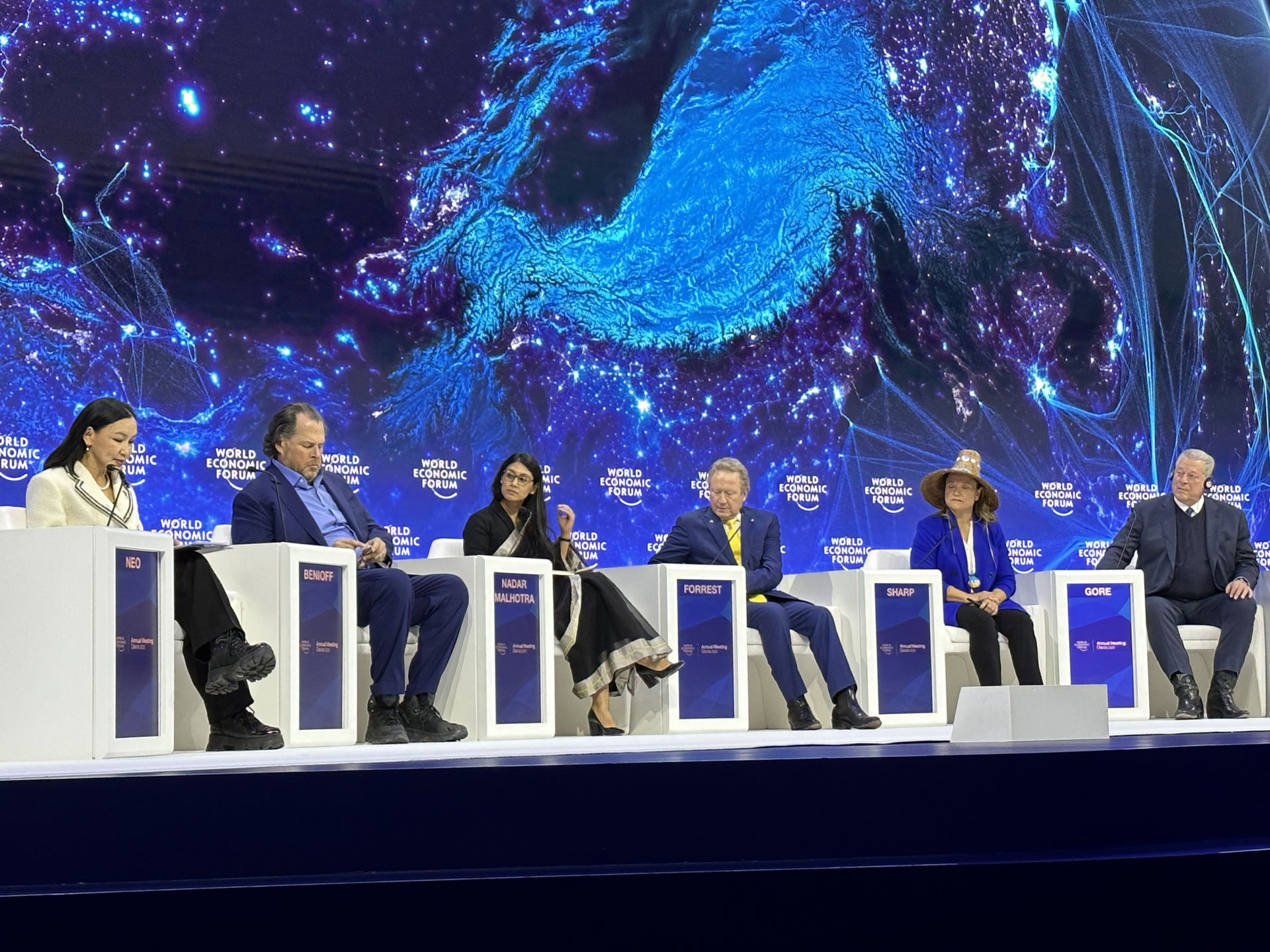
Leading the Charge through Earth’s New Normal.
Speakers: Gim Huay Neo, Marc Benioff, Joyeeta Gupta, Andrew Forrest, Roshni Nadar Malhotra, Al Gore, Gustavo Francisco Petro Urrego
DAVOS: We are in a Race to Resilience
By Gayil Nalls
Sign up for our monthly newsletter!
The winter train journey through the Alps to Davos, the highest town in Europe, is one of the most scenic and dramatic in the world, with spectacular panoramas of snow-covered mountains and breathtaking views from bridges straight down into glacial valleys and lakes, including an area that has been designated a natural UNESCO World Heritage Site. Nevertheless, human impact is visible even in this protected area. Glaciers are rapidly disappearing, there are avalanche and erosion problems, and many forest areas are weakened by acid rain and infestation.
The environment, sustainability and getting to net zero, were a big part the World Economic Forum (WEF) this year, and discussions about it started before the meeting. Repeat attenders were shaking their heads at registration. They hardly recognized this Davos. Little snow and vast mountainsides of dead trees. Despite Switzerland’s long-standing climate and clean air actions, it is a landlocked country and temperatures are rising faster than in other regions. The toll of climate change could be seen throughout the alpine region. Forests comprised mostly of spruce with shallow roots are vulnerable to climate change driven droughts, and the weakened trees have become infested with bark beetles killing them by stopping the flow of sap under the bark.
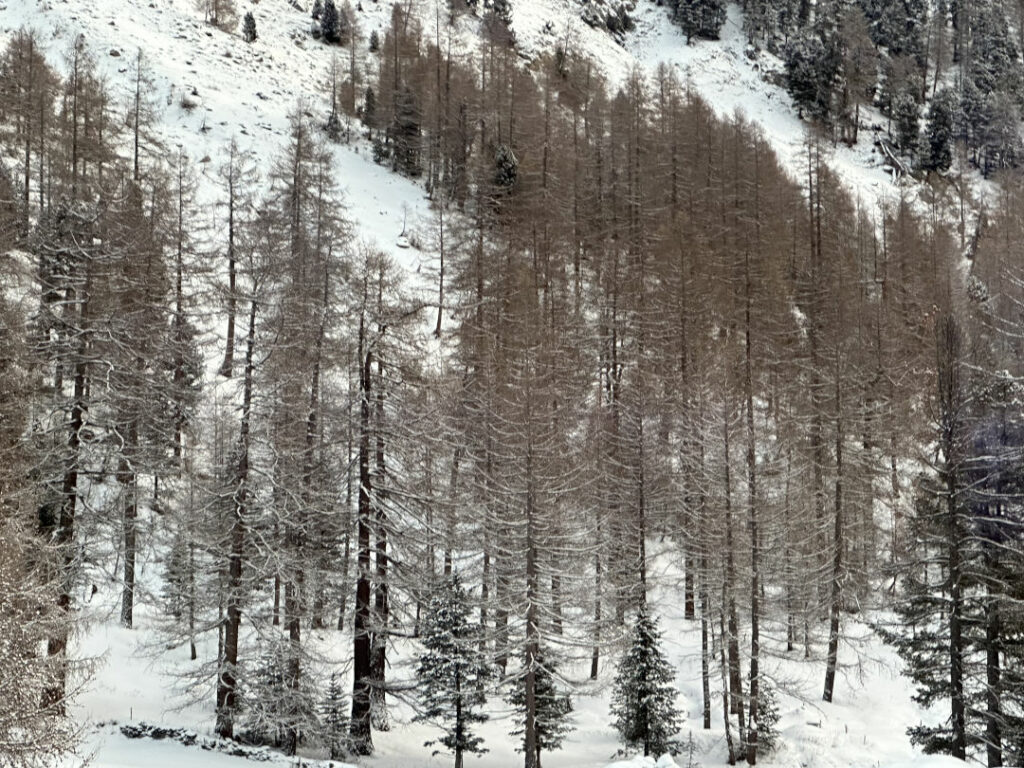
The WEF annual meeting at Davos brings together government, business, and civic leaders, but in recent years has include indigenous leaders with critical wisdom passed to them from hundreds of years of being stewards of nature. There is also a high concentration of prognosticators; people who have specific degrees and expertise to assess risk and uncertainties. They use highly developed skills and methodologies suitable for predicting future developments based on their analysis and perception of past data, using documentation, mathematics, statistics, theory, computer analysis and AI, along with their experience and intuition. These highly accurate and effective interpreters of data from economic, political and social science areas come together at Davos to share to their knowledge, predict, forecast and debate future developments and outcomes. This is not to say that they can’t and haven’t gotten things wrong, it is to say that this time the same messages emerged everywhere. And that message was that we are at a critical moment with pressing global challenges. Climate change and rising emissions must be addressed at all levels—government, private business, and the public sector.
Gim Huay Neo, Managing Director, Centre for Nature and Climate for the World Economic Forum said, “Temperatures have now risen to at least 1.2 degrees above pre-industrial levels. The number of climate related disasters has increased almost 35% since the ’90s. The rate of deforestation has declined, there’s good news, but we are still removing forests at 10 million hectares a year with annual extinction of 50,000 plant, animal, and insect species on an annual basis. And every minute, one garbage truck of plastic is dumped into our ocean and we are still accumulating problems.”
Across the spectrum of talks there were cautions that we are living in an interwoven ‘polycrisis’ (simultaneous catastrophic events) that must be understood together, holistically, and that requires global cooperation to manage. There were briefings by climate scientists on the state of our Earth and warnings that climate change ecosystem collapse was the biggest threat to humanity, and additionally that the effects of climate change were entangled with climate migration, biodiversity loss, the war in Ukraine, other armed conflicts, growing food insecurity, rising inflation, economic downturns, a pandemic that can renew itself, nuclear proliferation and threats to democracy.
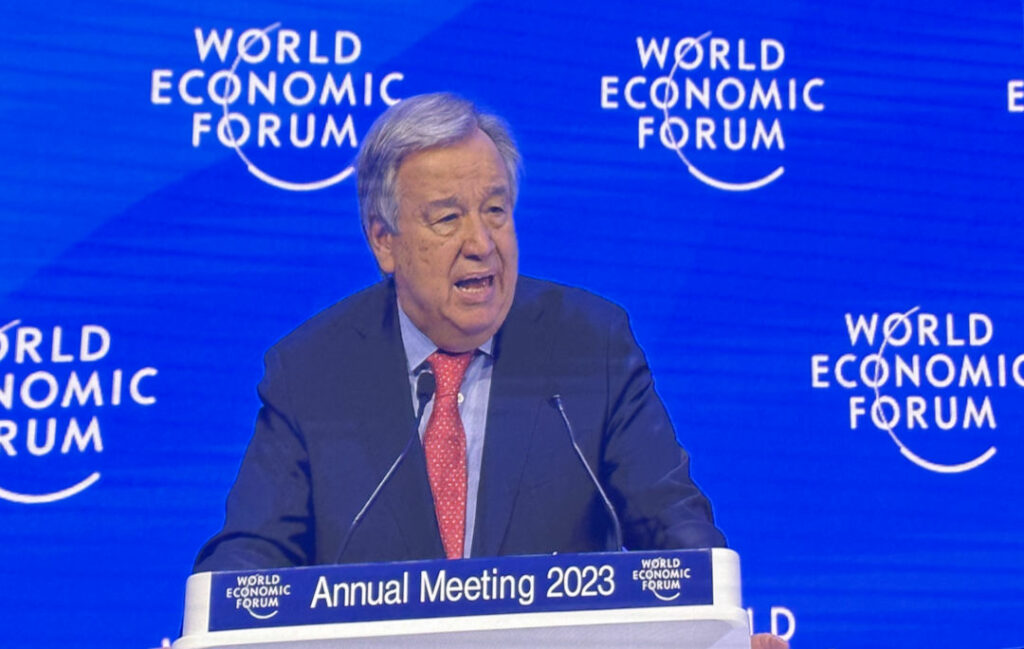
UN Secretary-General António Guterres said in his speech, “We are flirting with a climate disaster. Every week brings a new climate horror story. Greenhouse gas emissions are at record levels. The commitment to limit global temperature rise to 1.5 degrees is going up in smoke. Without further action, we are headed to a 2.8-degree increase. The consequences will be devastating. Several parts of our planet will be uninhabitable. And for many, this is a death sentence.”
Yet surprisingly, the gravity of these real threats was not seen as insurmountable. However, to address these threats, all humanity must be called to action. Every single person must help address the climate crisis and work for peace and cooperation. We must stop the flow of greenhouse gases into the atmosphere so that ecosystems can adapt naturally to climate change and to ensure the planet is capable of enough food production. The need for emission mitigation, adaptation action, and conservation of biodiversity were the focus of many presentations with the goal to keep the world on track to achieve net-zero and nature positive results by 2030.
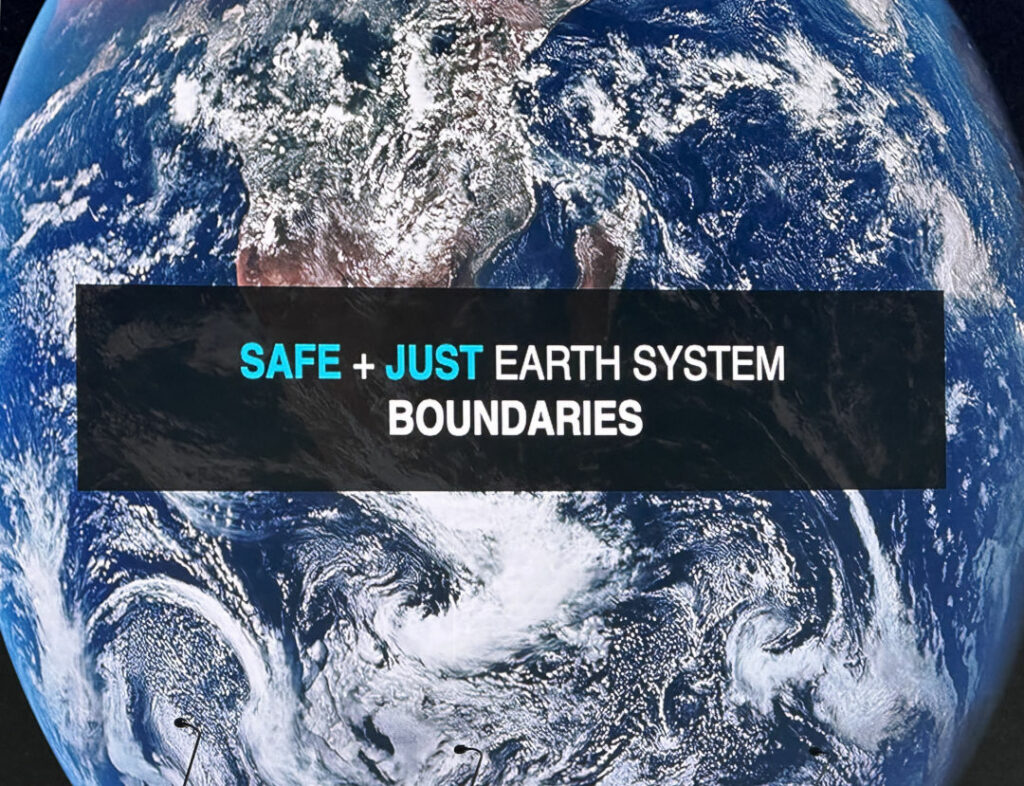
We are at a pivotal moment in human history. Only we can save our ourselves. To have a good future, we must all be in the race to resilience. Facing the current challenges with cooperation is key, as is identifying and carrying out the right solution actions for each region. This means, as fast as we can, we must build sustainable communities that conserve water, use, renewable energy to cut emissions, protect local and regional ecosystems and biodiversity, minimize pollution emissions, and optimize local food production. And it is vital that we prioritize nature with every decision as we scale up conservation with bold collective actions to protect intact ecosystems, restore degraded areas, and educate the public on regenerative practices, and planting more trees.
The key message is that everyone has responsibility, and everyone can and must contribute to the solutions.
Gayil Nalls, Ph.D. is the creator of World Sensorium and founder of the World Sensorium/Conservancy.
Plantings
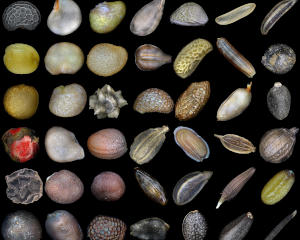
“Open Source” Seeds Loosen Big Ag’s Grip on Farmers
By Michaela Haas

What’s Wrong with Bananas
By Norman C. Ellstrand
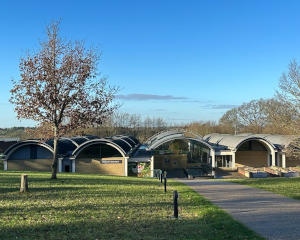
KEW’s Millennium Seed Bank: A Mission to Save Plant Life on Planet Earth
By Gayil Nalls
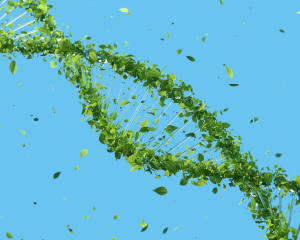
Conserving Genes: Plants for the Future
By Timothy Walker
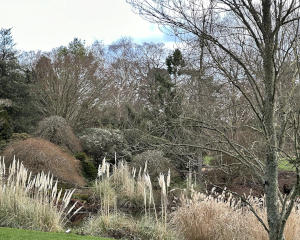
The Winter Garden at Wakehurst Place in West Sussex, England
By Gayil Nalls
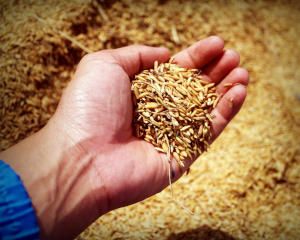
Eat More Plants Recipes:
Authentic Vegetarian Paella
By Javier Ponte
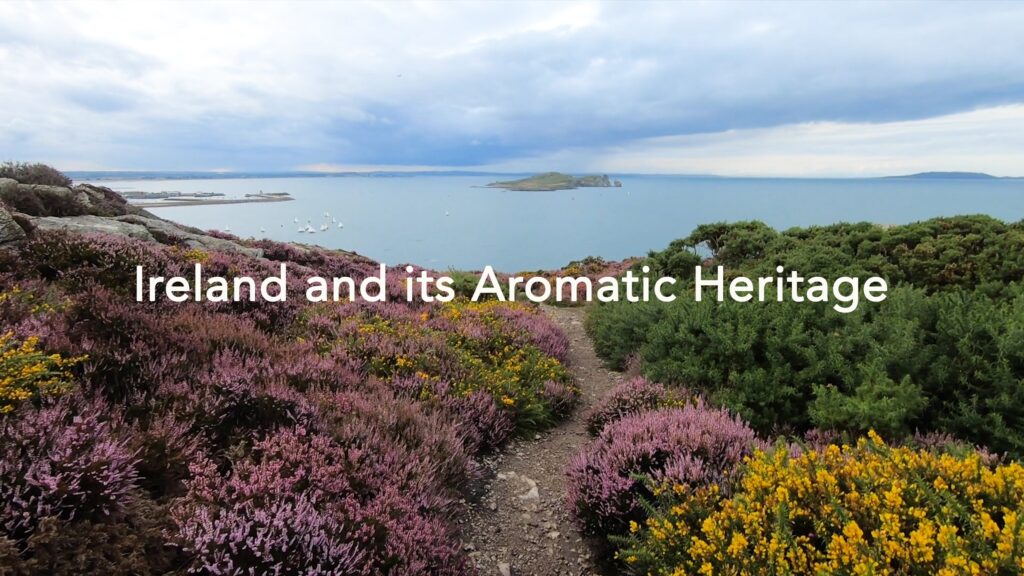
As Ireland transitions from the rich, smoky scent of peat-burning to a more sustainable future, its olfactory heritage is evolving. What will become the next iconic aromatic symbol of Ireland?
Click to watch the documentary trailer.

